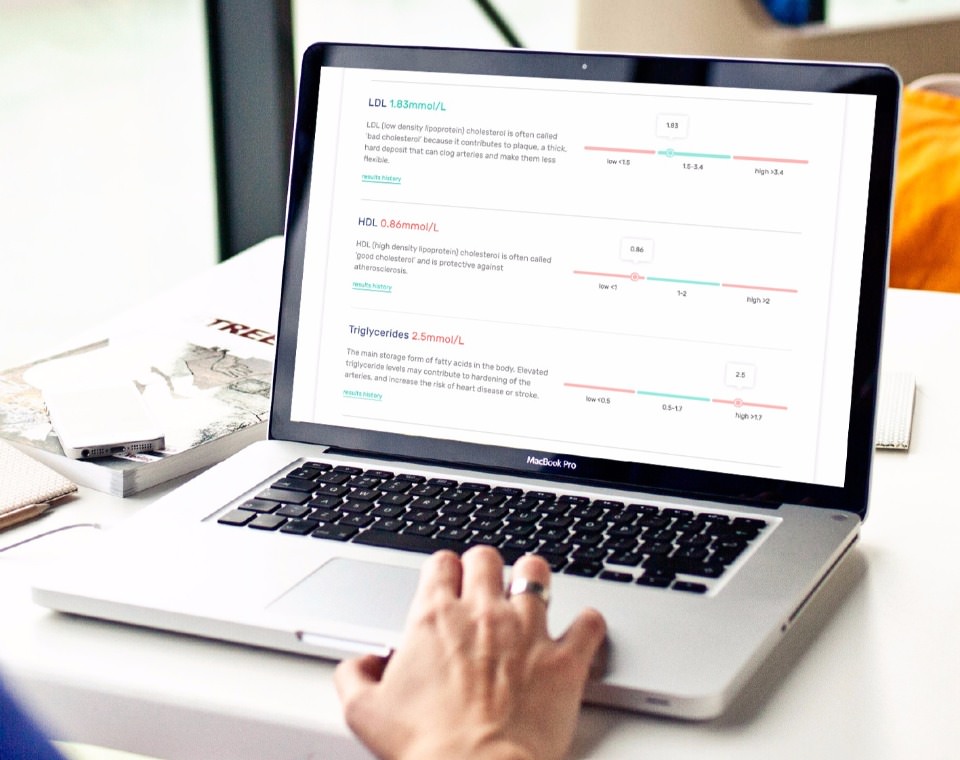
Healthy Heart Check

Manage your risk of heart disease
Cholesterol plays a vital role in every cell in the body and is also to make hormones that are essential for development, growth and reproduction. Cholesterol also forms bile acids that are needed to absorb nutrients from food. A cholesterol test measures the cholesterol that circulates in the blood in particles called lipoproteins. These lipoproteins include HDL ‘good’ particles that carry excess cholesterol away for disposal, and LDL ‘bad’ particles that deposit cholesterol in tissues and organs.

Your body produces the cholesterol needed to work properly, but the source for some cholesterol is your diet. If you have a family history of high cholesterol or regularly eat foods high in cholesterol, then your levels can increase. This extra cholesterol in your blood can be deposited in plaques on the walls of blood vessels which can narrow or block them and lead to hardening of the arteries (atherosclerosis). This increases your risk of health problems including heart disease and stroke. We've designed this simple cholesterol test to help you manage your risk.



